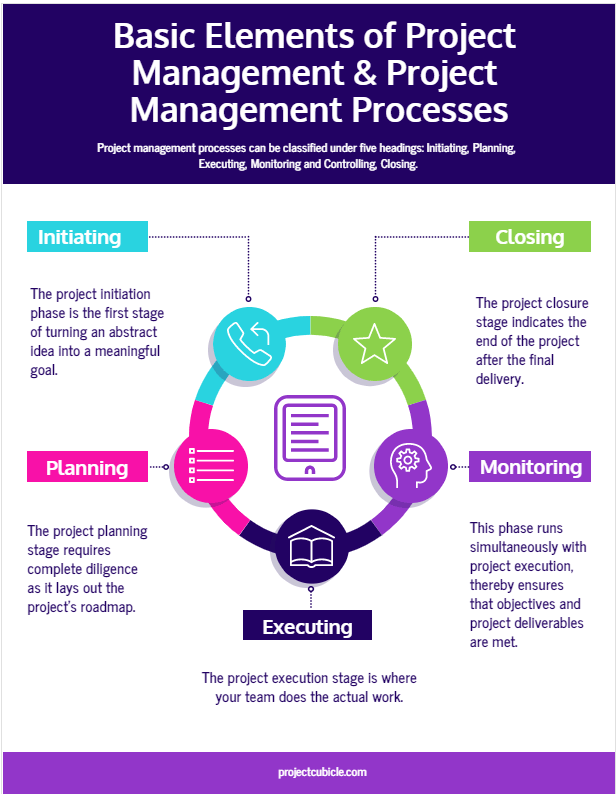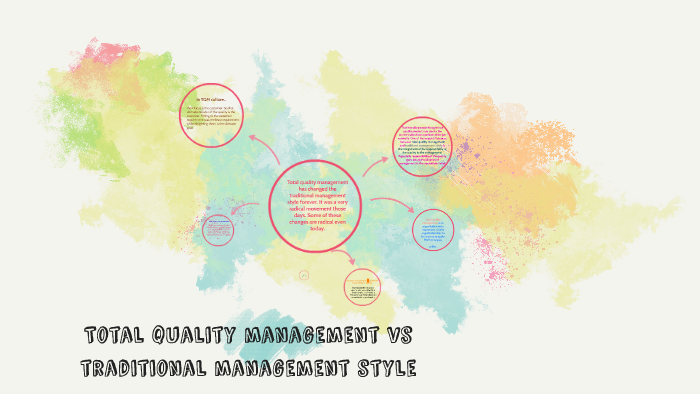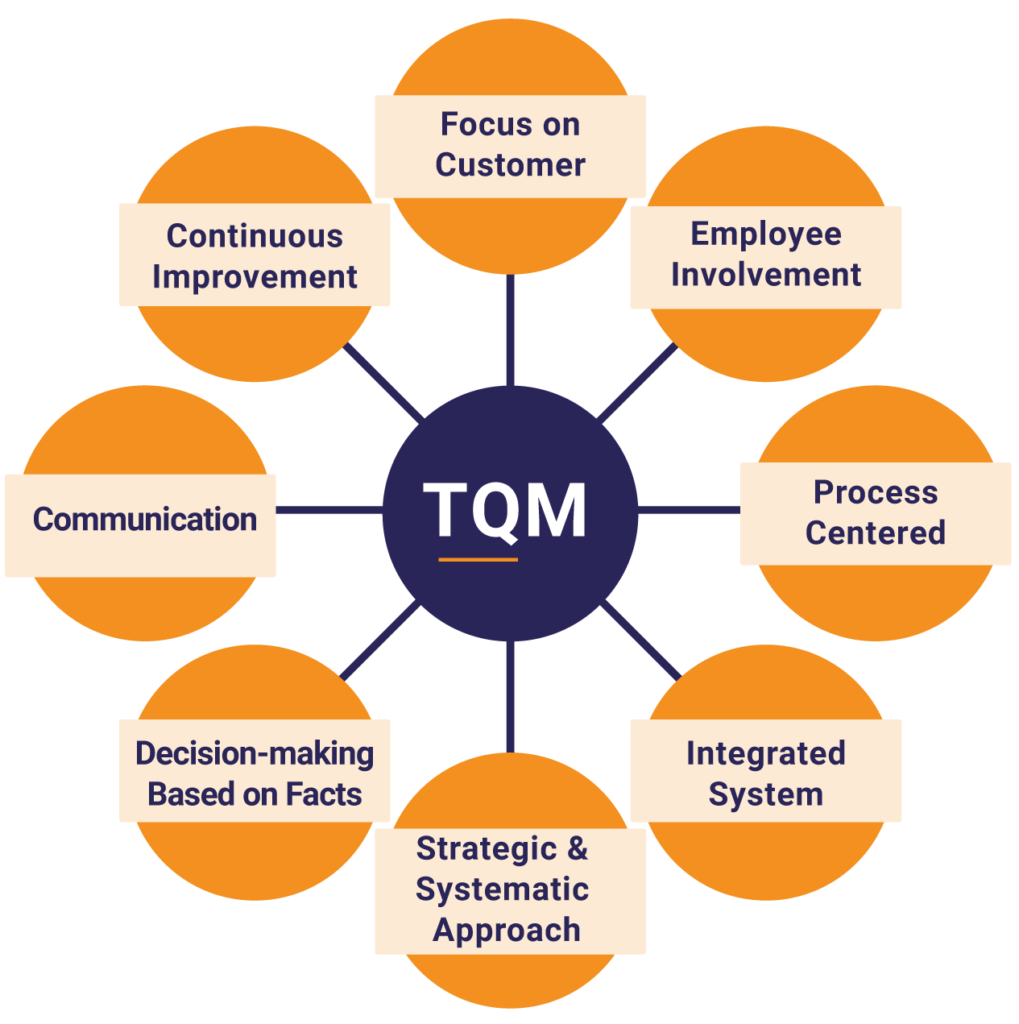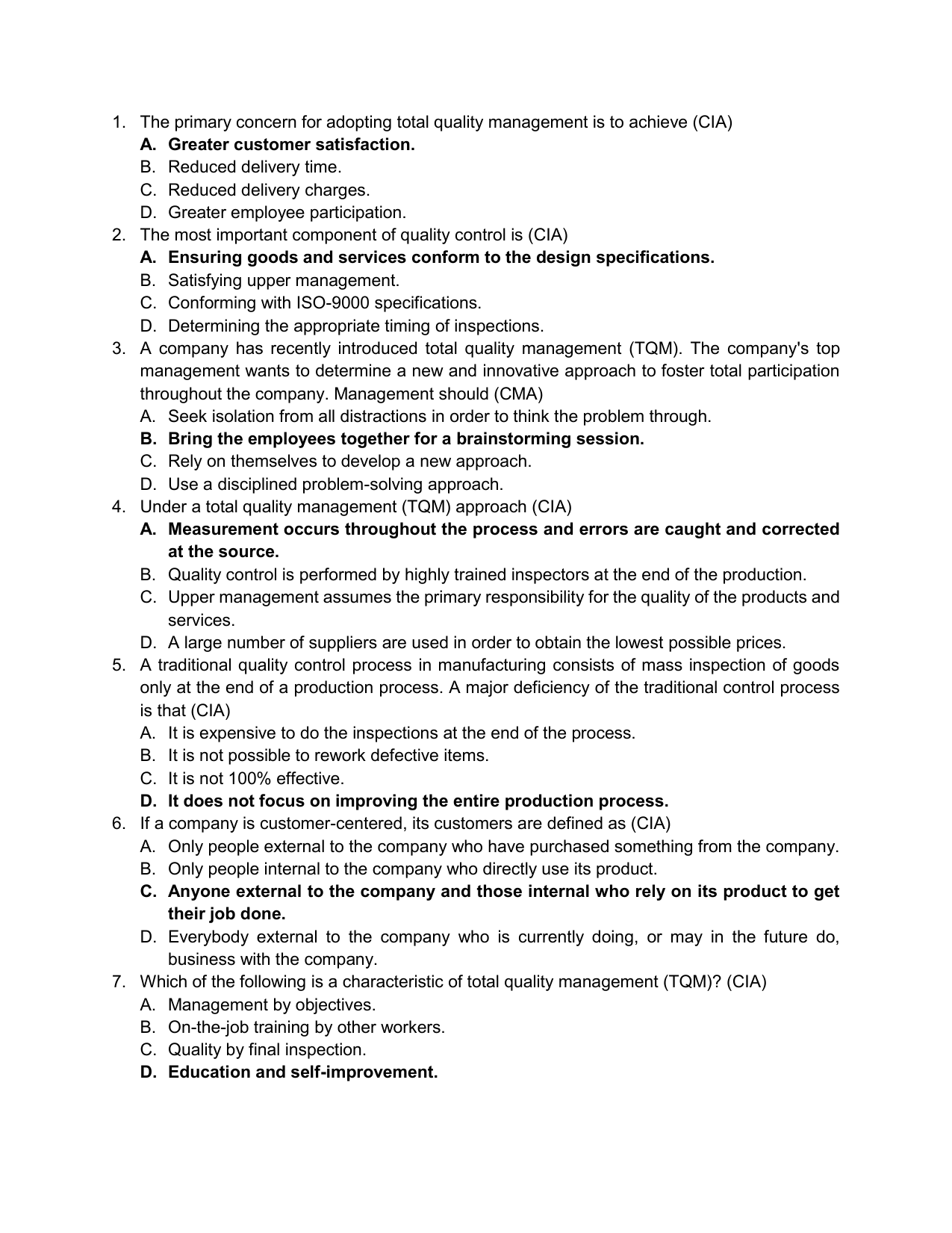Total quality management (TQM) and traditional management are two approaches to managing an organization that differ in their focus and methods. While traditional management emphasizes efficiency and control, TQM emphasizes continuous improvement and customer satisfaction.
One key difference between TQM and traditional management is the focus on the customer. TQM places the customer at the center of the organization's decision-making process and aims to consistently meet or exceed customer expectations. This focus on the customer extends to all aspects of the organization, including product design, production, and delivery. In contrast, traditional management often focuses on internal efficiency and may prioritize cost cutting over customer satisfaction.
Another difference between TQM and traditional management is the emphasis on continuous improvement. TQM encourages organizations to continuously seek out ways to improve processes and products, in order to increase efficiency and customer satisfaction. This can involve gathering and analyzing data on customer needs, employee performance, and organizational processes. Traditional management, on the other hand, may focus more on maintaining the status quo and may be less open to change.
TQM also emphasizes the involvement of all employees in the decision-making process and the creation of a culture of continuous learning. This can involve the use of teamwork, training programs, and the empowerment of employees to identify and solve problems. In traditional management, decision-making is often hierarchical and may involve only a select group of managers.
One final difference between TQM and traditional management is the use of metrics to measure performance. TQM often uses a variety of metrics, including customer satisfaction, employee satisfaction, and process efficiency, to gauge the effectiveness of the organization. Traditional management may rely more on financial metrics, such as profits and return on investment, to measure performance.
In conclusion, TQM and traditional management are two approaches to managing an organization that differ in their focus and methods. While traditional management emphasizes efficiency and control, TQM places a strong emphasis on continuous improvement and customer satisfaction, and involves the participation of all employees in the decision-making process.








